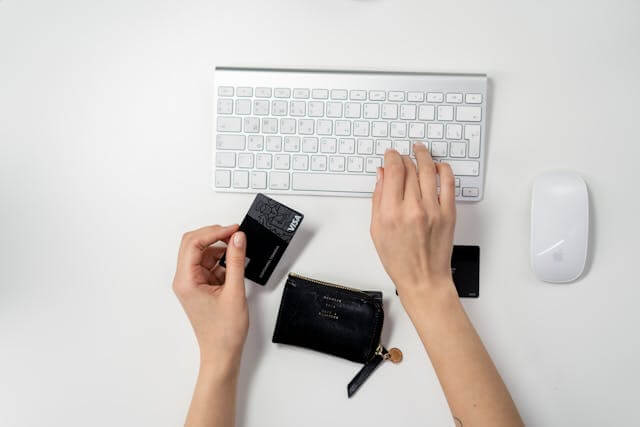Most people, by the very nature of their daily activities, engage in various online transactions and interactions. These activities are broad, but often involve managing personal finances, making online purchases, and accessing bank accounts. That’s why “going without a smartphone,” a lovely idea on the surface, can be so frustrating – online banking is just too darn convenient. That said, while these conveniences do make life easier, they do also come with potential risks.
No matter how tech-literate you are or how cautious you tend to be, there are always new threats to consider. Yes, it can affect even you. For instance, you might have heard of phishing scams but never encountered one directly. That doesn’t mean you won’t be targeted in the future. Just like securing your home, securing your online finances is about paying attention to likely risk and minimizing it.
This may seem somewhat tiresome, and that’s understandable. However, taking a few simple steps can be a lifesaver. It’s not about being paranoid but about being prepared – keep that in mind. In this post, we’ll look at three key tips to help you protect your finances online:
Be Mindful What You Tie Your Payment Profile To
We’re so used to internet platforms connecting with one another that we always value convenience over security. For example, you might have used the “log in with Google/Apple” functionalities on a range of websites so you don’t have to generate a new password or account from scratch. This may attach your payment information, or in some cases pre-filled information can tie your card through the keyboard of your smartphone. For this reason, it’s important to be mindful who and what platform you tie your payment profile to. Some platforms allow you to use disposable virtual cards that will immediately refresh after a purchase – perfect for those sites you don’t fully trust but want to order from.
Avoid Unprompted Payments
It’s important to be mindful how money is requested. Are you asked for a payment based on a product or service you’ve requested? That’s generally safe. Have you been contacted through text by a platform suggesting you need to pay a small fee to redeliver your parcel? Well, that might be a false connection , and as you haven’t prompted this purchase, chances are it’s a scam. Your intention is a good way to verify legitimacy. Don’t just approve payments, even if banking apps make that easier than ever.
Mind The Platform
It’s always essential to mind who you’re paying with, including the standards of the platform. For example, a trustworthy crypto management platform will allow you to invest using many different secure payment methods, not just card. For how easy integrations are to manage, even your local farm shop’s website will likely have PayPal functionality. Review the platform and the business before you give off our payment info, and use trust verification websites like TrustPilot if you’re at all unsure.
With this advice, you’ll be certain to protect your finances online in the best way.
